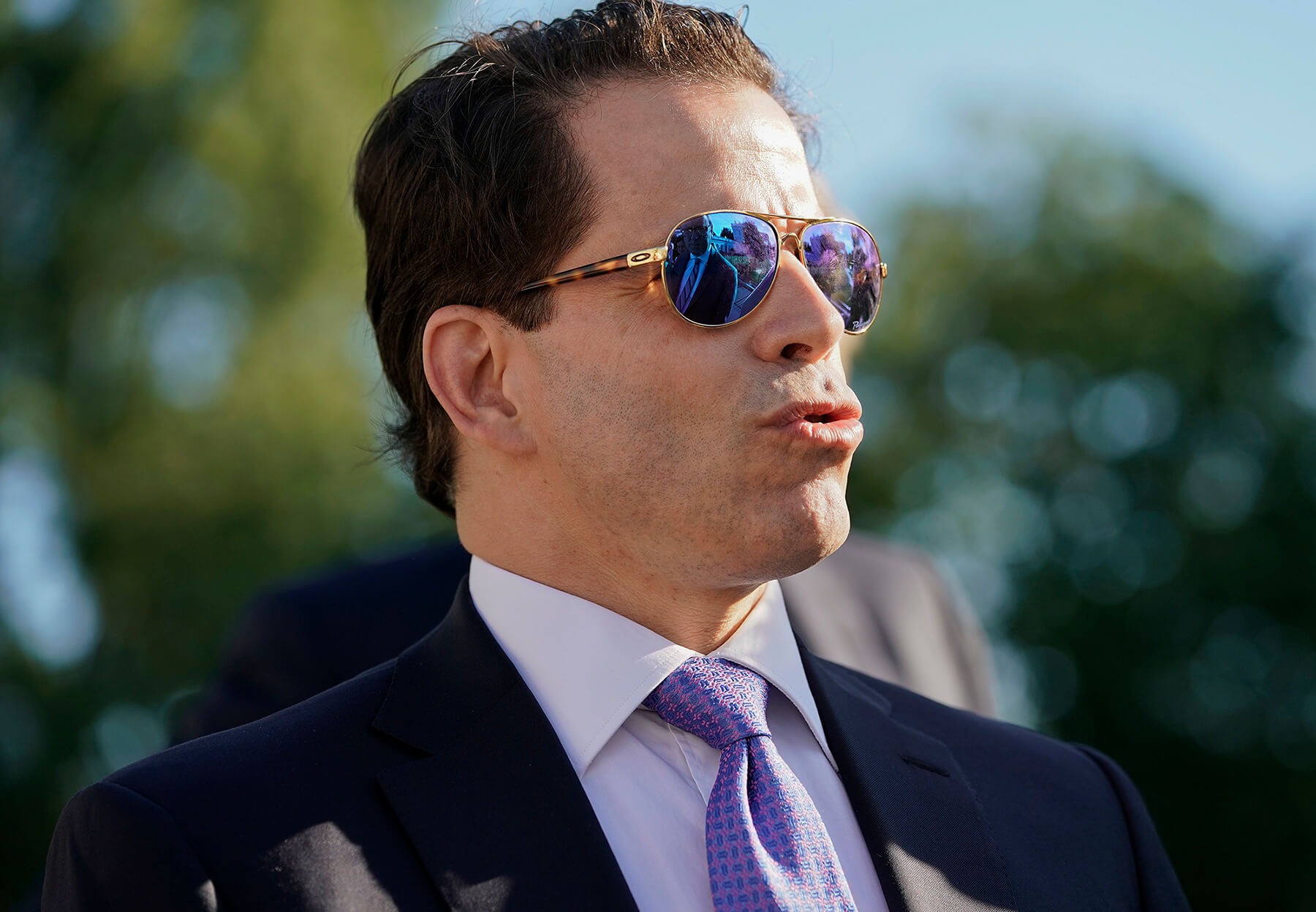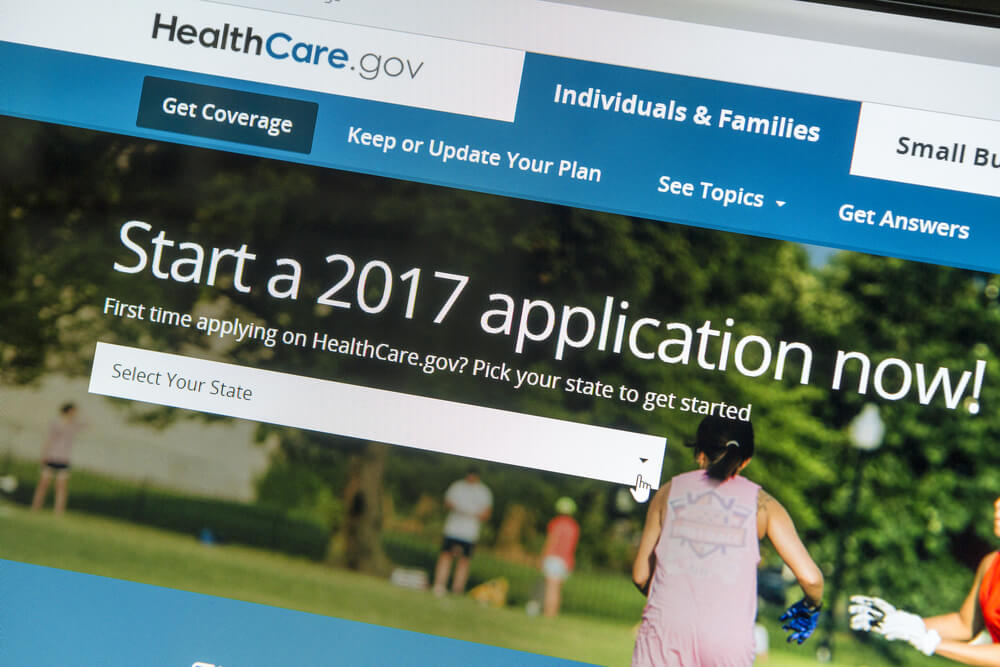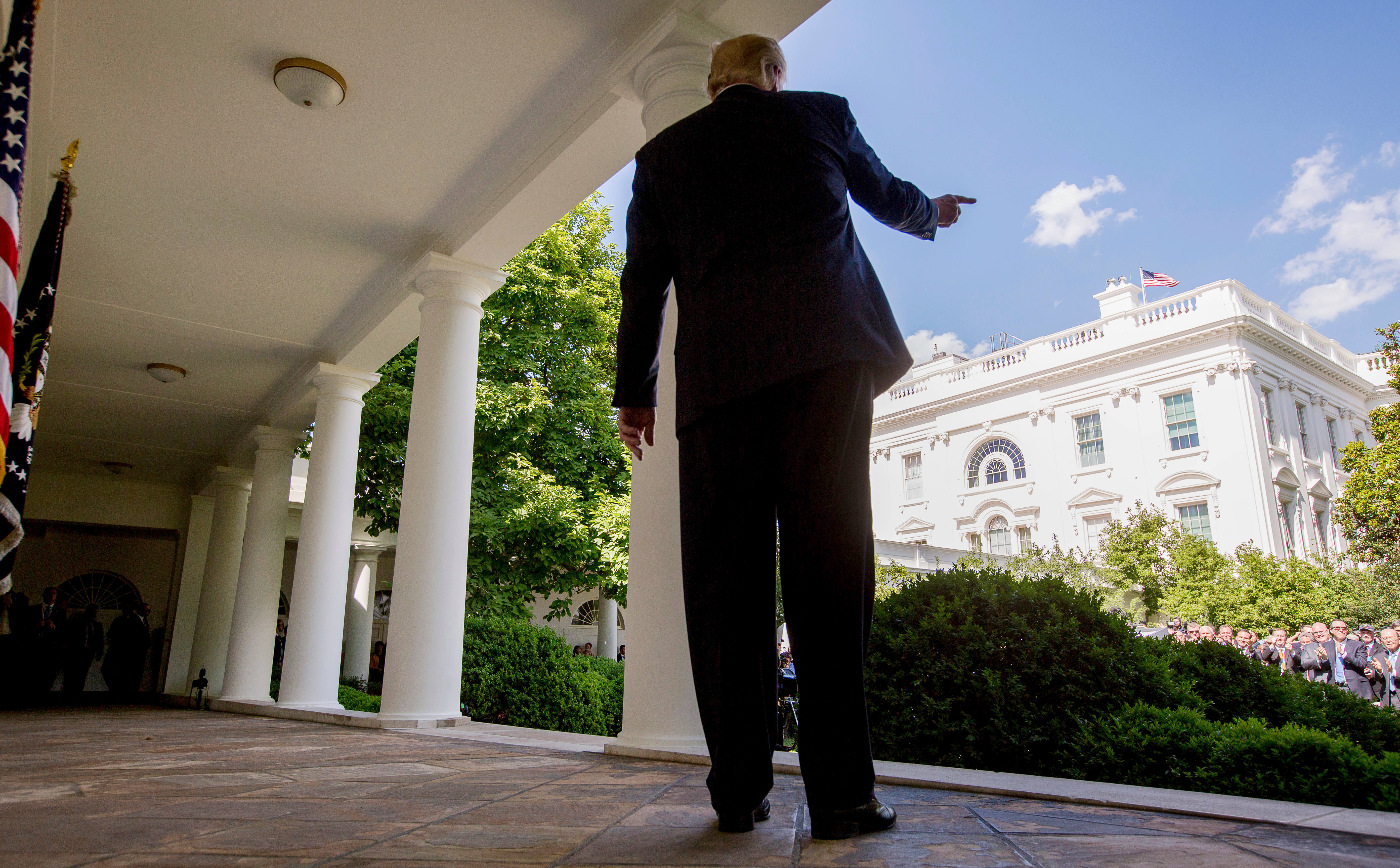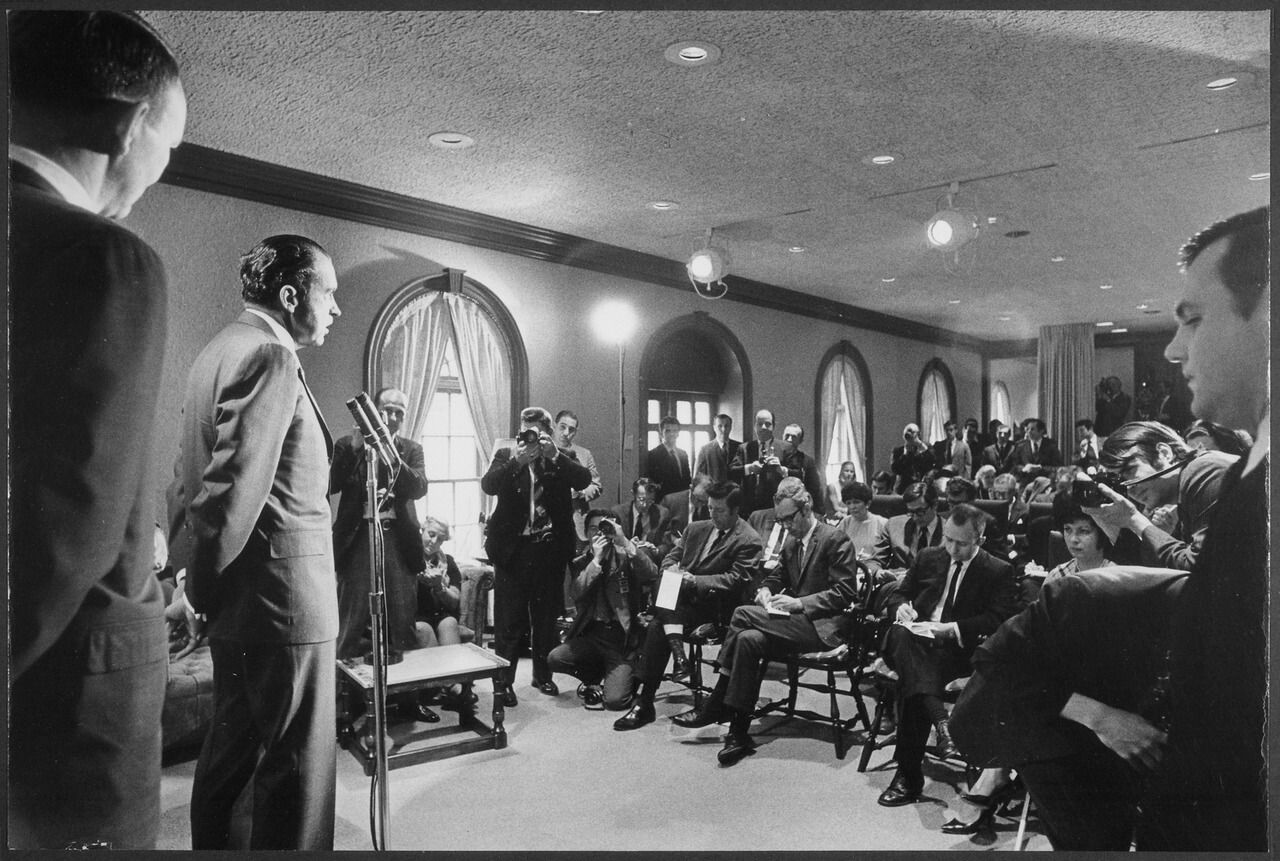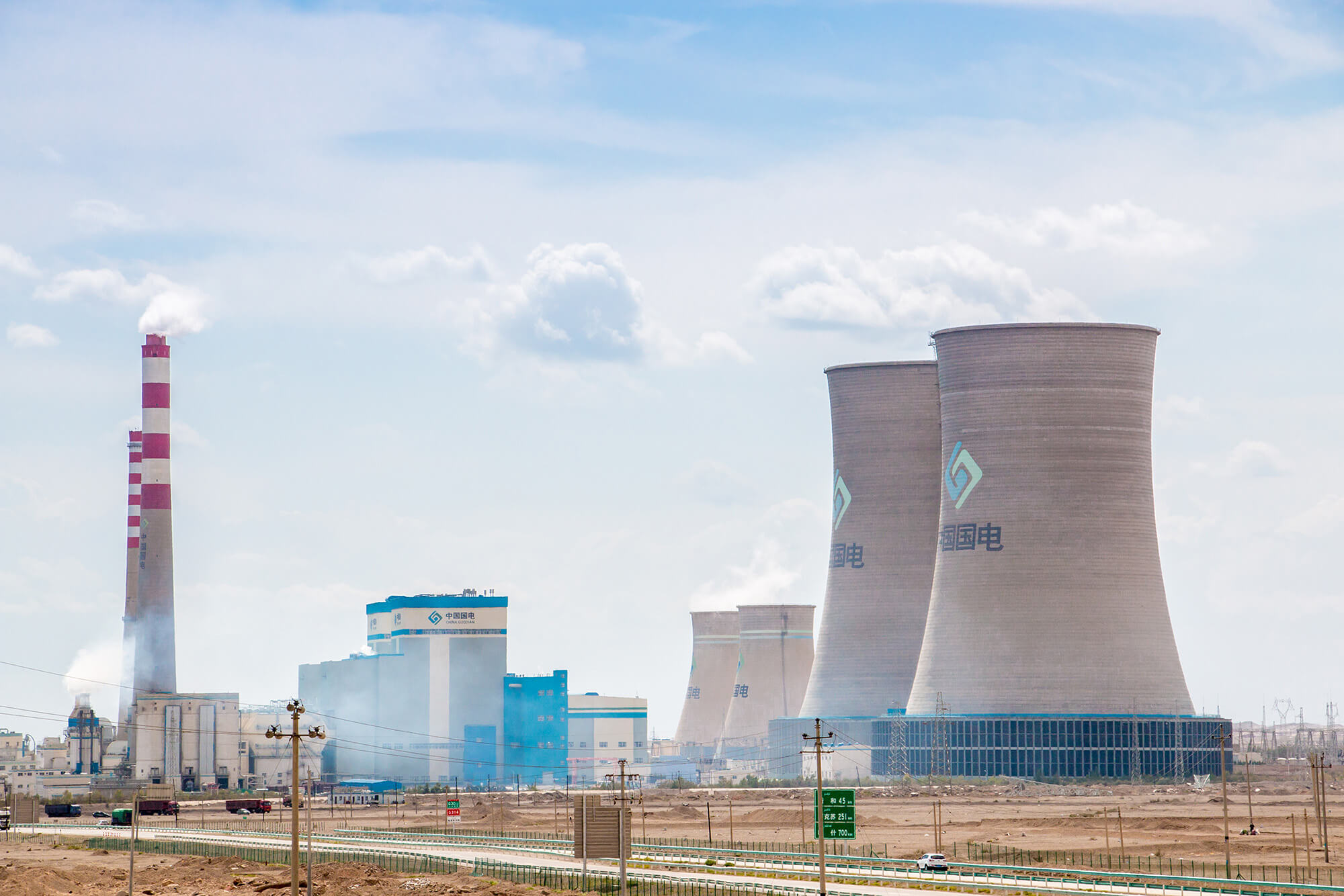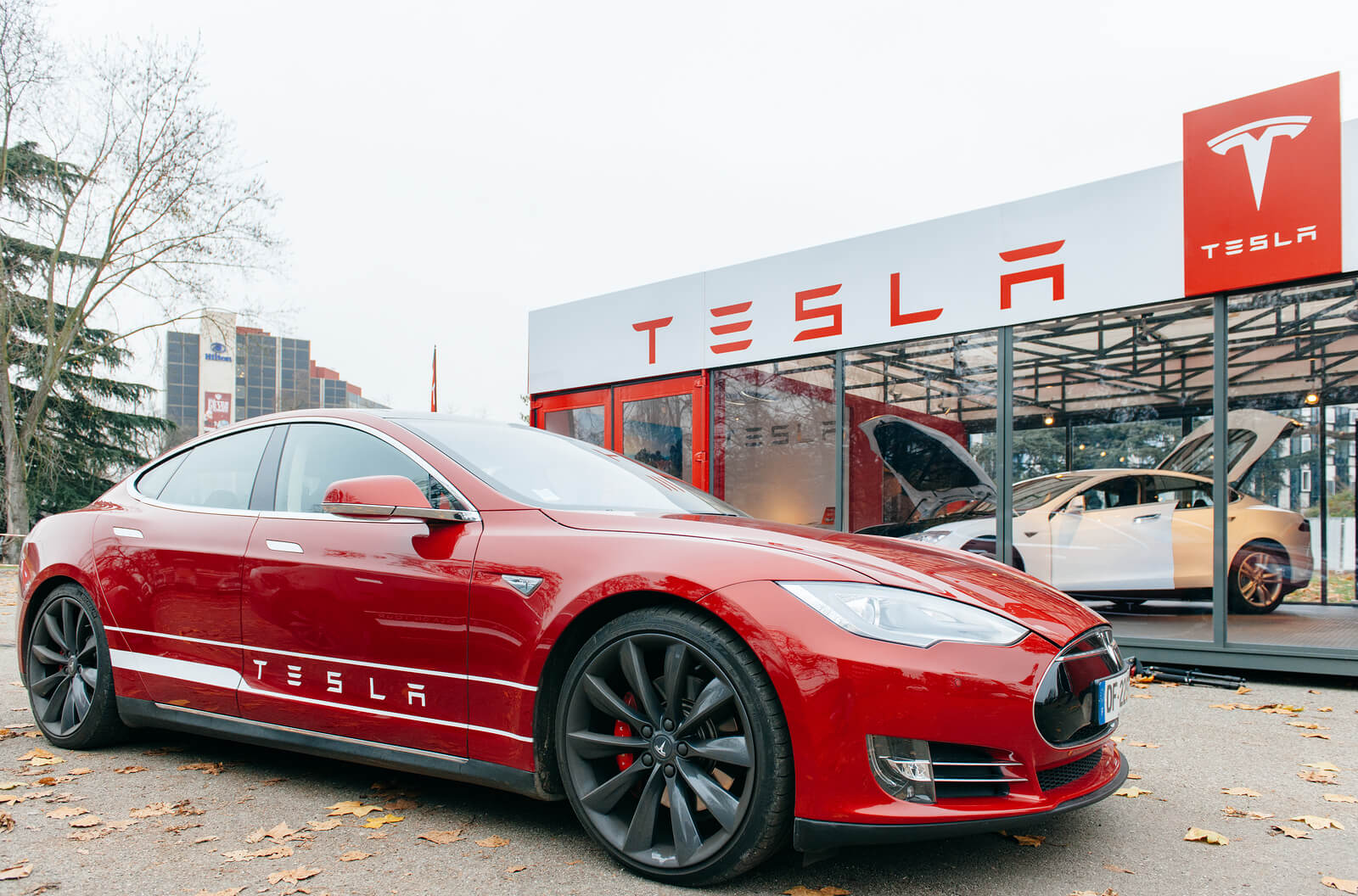I ask you, what’s a man to do? Men are terrified to leave the house these days. Should they wear a suit and look overdressed, as though they’re on the way to a meeting with the bank, trying to look both stable and reliable while subtly conveying need? Or should one assume that one’s body language is so articulate that social status, wealth, success and importance (or need) will shine though like people in Hollywood?
Actually, I blame Hollywood for everything: the sartorial confusion, the dress wilderness, the not knowing how to look and the death throes of the necktie.
I have it well documented that the dress decay — that’s what I think it is — came from show business. No less an authority on social rectitude, the manager of the Carlyle Hotel in New York, told me that the Hollywood riffraff, who he loved for their free-spending ways, had destroyed the dress code; made it hard for a poor newspaper man to pass for an investment banker by having the right kit.
“You used to be able to get all togged up for success,” a Savile Row tailor explained.
He said anyone could tell who had a bespoke suit and who didn’t, and he said a real gentlemen had at least one bespoke suit. In a famous phrase from the party girl Mandy Rice-Davies, “He would wouldn’t he.” This man made suits for the upper crust, or those who wished to be thought of us as such.
His name, the master tailor, was Henry Stewart. Although he learned his trade in Savile Row, when I knew him he practiced it in New York and made very beautiful, very expensive suits. He boasted he could “give a man a waist,” even if years of good living had transmuted his concave stomach to convex.
Back in those days, a tailor would ask a man, “How do you dress, sir?” If that phrase has you bemused, think about the male anatomy and what the effects of gravity are on it below the waist and out of sight.
My father owned only one suit and what an ill-fitting thing it was. He wore it for church, Masonic meetings and to borrow money at the bank. Otherwise, a small contractor, he wore his work clothes, which actually gave him more dignity than the suit.
Nowadays, in my experience, rather than dressing up to go to church one does just the opposite: jeans, cut-offs, flip-flops are good enough, apparently. Gone are the days of men in suits and women in hats and gloves on a Sunday. Gone the way of the necktie. What must God think?
I have watched the agonizing death of the tie, of that once sacred part of a man’s wardrobe; that single piece of cloth that gave man the option to express a modicum of individuality. Now it is old-fashioned, out of step and not hip to wear a tie.
But for those of us who were steeped in the tie culture, it is a tough farewell. Men, take your favorite tie in hand and sing, “We’ll meet again, don’t know where don’t know when, but I know we’ll meet again some sunny day.”
I’m putting a lock on my tie rack in case the agents of the open-necked state come for them — to deport them to Italy, the home of gorgeous silk ties.
I wore a tie at school, in my first job at age 16 and ever since. I am naked otherwise. No tie and I feel hostile eyes can see into my soul and know how little I think and what mundane if unspeakable thoughts I have. My soul is exposed without a tie and, preferably, a suit.
I fear the naked throat is the symbol of the decline of the West. I want to be counted as fighting for civilization, with a snazzy Windsor knot, a throwback to when a man’s tie was his shield, his comfort — and something to wipe his eyeglasses with.
For InsideSources


